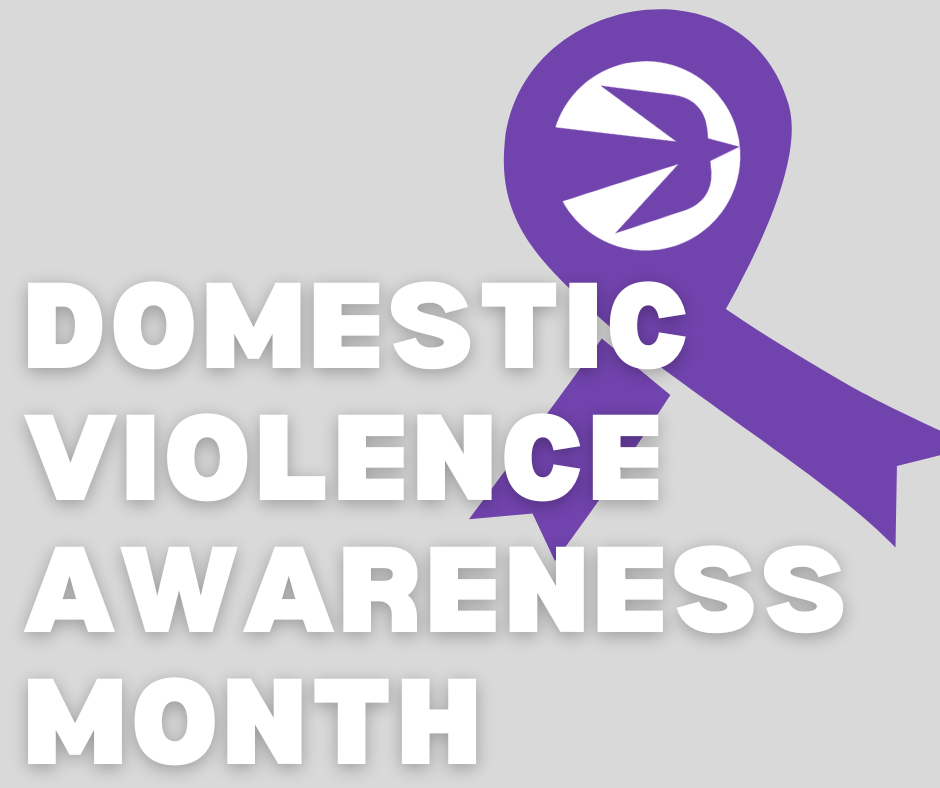It’s probably no coincidence that Bullying Awareness and Domestic Violence Awareness occur within the same month. Both address assaults on human dignity. Both also have the capacity to inflict multiple types of trauma on the most vulnerable among us, particularly children and women. And since Saint Francis Ministries works hard to be fully trauma-informed, and since most of the people with whom we work are dealing with some form of trauma, we make a point to raise awareness about both bullying and domestic violence.
Today, we’ll discuss the latter. Let’s start with a definition, courtesy of the National Domestic Violence Prevention Hotline: “Domestic violence (also referred to as intimate partner violence (IPV), dating abuse, or relationship abuse) is a pattern of behaviors used by one partner to maintain power and control over another partner in an intimate relationship.”
Signs that you might be in an abusive relationship include:
- Telling you that you never do anything right.
- Showing extreme jealousy of your friends or time spent away from them.
- Preventing or discouraging you from spending time with friends, family members, or peers.
- Insulting, demeaning, or shaming you, especially in front of other people.
- Preventing you from making your own decisions, including about working or attending school.
- Controlling finances in the household without discussion, including taking your money or refusing to provide money for necessary expenses.
- Pressuring you to have sex or perform sexual acts you’re not comfortable with.
- Pressuring you to use drugs or alcohol.
- Intimidating you through threatening looks or actions.
- Insulting your parenting or threatening to harm or take away your children or pets.
- Intimidating you with weapons like guns, knives, bats, or mace.
- Destroying your belongings or your home.
https://www.thehotline.org/identify-abuse/domestic-abuse-warning-signs/
No one is immune from domestic violence; it can affect anybody – even men. And a home in which domestic violence occurs is not a good place for children. They can experience trauma simply by witnessing abuse of a parent, or by receiving abuse as well.
So, what causes domestic violence? Why would someone inflict such harm on those a person supposedly loves the most? This is an important question because knowing the causes is the only way to discern paths to prevention. We’ll talk about those causes in a future post.
In the meantime, if you or someone you know being abuse, call the Hotline at 1-800-799-(SAFE) 7233. They’ll connect you with resources and share ways you (and your kids) can escape a dangerous situation.





